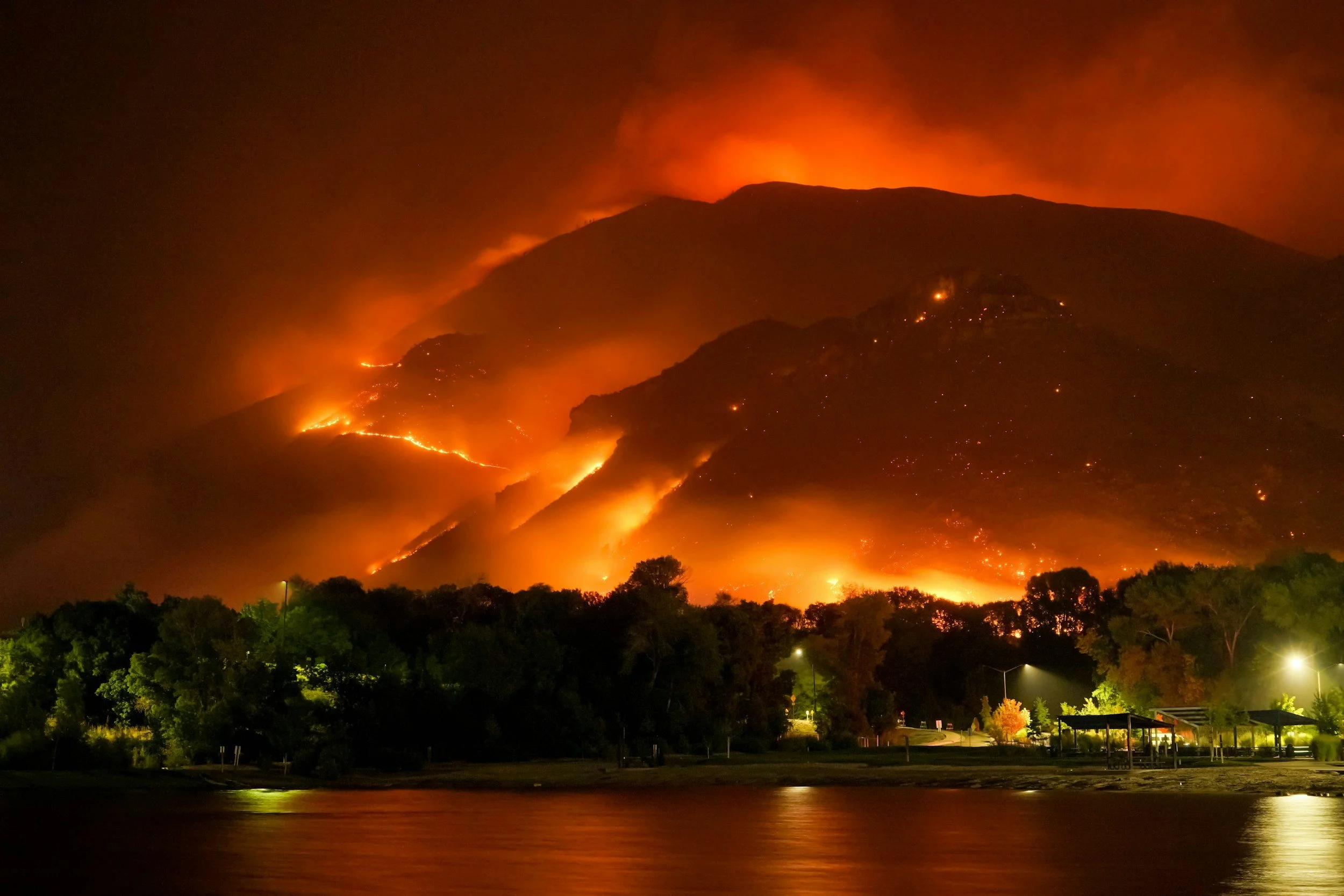By: Neal Manor, Staff Member
Generations of young children in the northern United States are familiar with two caveats related to walking over or skating on frozen lakes in the winter: “Thick and blue, tried and true – thin and crispy, way too risky” and “when in doubt, don’t go out.”
Climate change has brought the concerns inherent in these warnings more squarely into the consciousness of those who engage in the long-held tradition of ice fishing. Although ice fishing is not nearly as vital for harvesting biotic natural resources such as fish as other methods, it represents a “
social activity that binds the community and gives the elders and young people the rare opportunity during the year to harvest traditional foods.”
December 2011 and January 2012 temperatures in the contiguous United States were almost four degrees above average.
These warmer average temperatures have been centered in the Midwest and Great Plains.
Minnesota, for example, had its warmest December and January since officials began keeping records in 1896, as temperatures in that state have been more than 10 degrees above average.
These warmer temperatures have put a chill on ice fishing in places where it is an important tradition for harvesting biotic natural resources such as trout, herring, and whitefish. Last year, Minnesota’s second largest ice fishing tournament came and went without a single fish being caught.
The Minnesota Department of Natural Resources claimed that Lake Agnes was well-stocked and that there was sufficient oxygen in the water.
Officials at the tournament blamed the warm temperatures for sending over 2,000 anglers home empty-handed. Not only are the fish not biting, but law enforcement officials have taken necessary precautions to cut down on ice fishing. Sheriff Rick Stanek banned all driving of large vehicles (cars, trucks, and SUVs) on Hennepin County, Minnesota lakes on February 9, 2012.
The warm temperatures are causing decreased ice thickness and formation later in the season. As a result, several mishaps have occurred which necessitated actions along the lines of those taken by Sheriff Stanek. People or vehicles have fallen through the ice eight times on Hennepin County lakes.
On February 8, 2012, in De Pere, WI, eight fishermen were stranded when the 100-foot chunk of ice they were fishing on broke off and floated into the Fox River near Green Bay.
Firefighters in a rubber boat had to rescue the fishermen.
The warm temperatures and incidents where fishermen and women have fallen through the ice have caused the untimely demise of the ice fishing season in the Midwest and Great Plains. Winter anglers in Hennepin County now face a March 5
th
deadline to remove their ice houses.
The distinct possibility of additional accidents has forced the cancellation of numerous ice fishing competitions, derbies, and demonstrations from Montana to Iowa.
Such cancellations and limitations represent less publicized consequences of climate change and signal that warming trends endanger the important tradition of ice fishing.
Mary Beth West,
Arctic Warming: Environmental, Human, and Security Implications
,
42 Vand. J. Transnat'l L. 1081, 1096
(2009).
Monica Davey,
The Warmth of Winter is Casting a Chill on Ice Fishing
,
The New York Times
(Feb. 18, 2012), http://www.nytimes.com/2012/02/19/us/warm-winter-is-casting-a-chill-on-ice-fishing.html?_r=1&hpw.
National Oceanic and Atmospheric Administration,
January 2012 the fourth warmest for the contiguous United States,
http://www.noaa.gov/features/02_monitoring/jan_stats.html (last visited Feb. 19, 2012).
Id.
No Fish Caught at MN’s 2nd Largest Ice Fishing Tournament,
CBS Minnesota
(Feb. 15, 2011) http://minnesota.cbslocal.com/2011/02/15/no-fish-minnesotas-2nd-largest-ice-fishing-tournament-alexandria-minnesota/.
Id.
People heeding Hennepin County ban on driving on
ice,
Minneapolis Star Tribune
(Feb. 18, 2012), http://www.startribune.com/local/west/139588663.html.
Id.
Davey,
supra
note 2.
Id.
People heeding Hennepin County ban on driving on
ice,
Minneapolis Star Tribune
(Feb. 18, 2012), http://www.startribune.com/local/west/139588663.html.
Davey,
supra
note 2.







